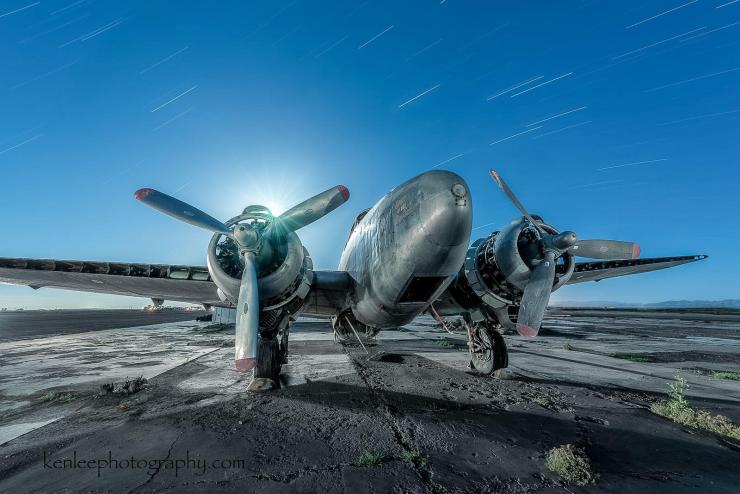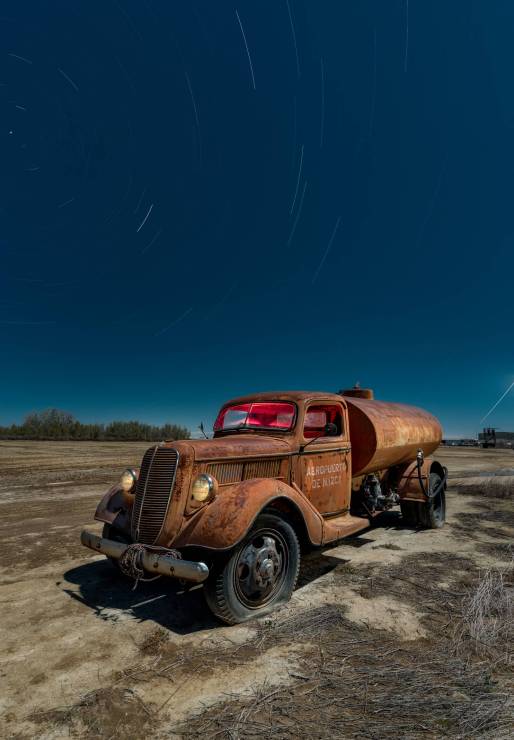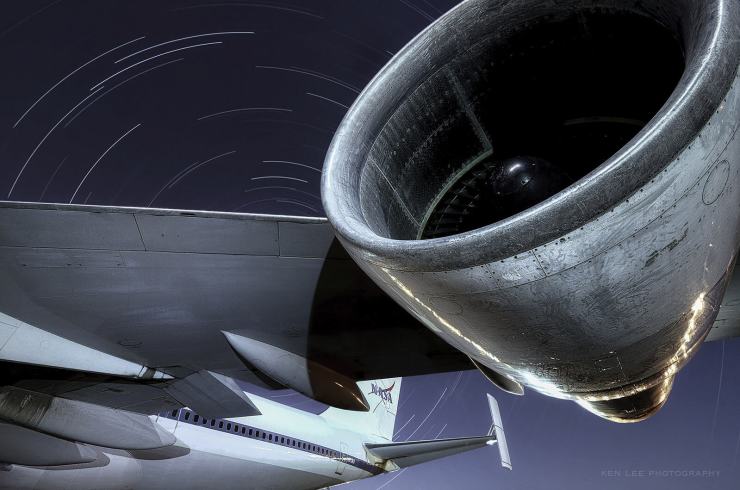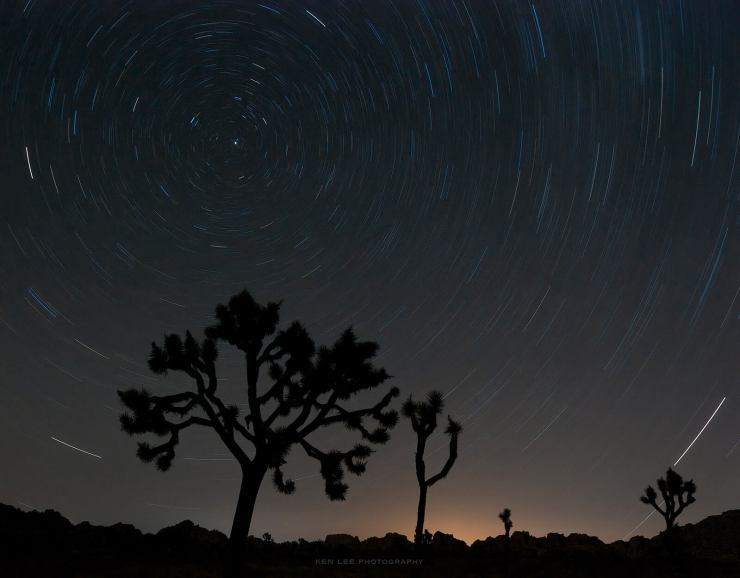Can long exposure photos damage your camera sensor? For that matter, can long exposure star trails photography ruin your sensor? These are questions that never seem to disappear. I’ll discuss these and more.

“My friend says that doing star trails can damage your camera sensor. Is that true?”

Photography forums and Facebook groups are filled with people saying this, then asking if it’s true. I have seen people saying this for over 10 years. It never seems to go away.
I searched around the interwebz for any article that stated that long exposure photos or long exposure star trails photos ruined their sensor. So far, I haven’t found a single one.
If anything, taking lots of long exposure photos creates less mechanical stress on the moving parts of a camera, particularly with DSLRs with flapping mirrors.
Sports and wedding photographers might take one or two thousand photos in a day. This is far more than a night photographer might typically do. Despite this, not too many people ask, “Hey, do lots of really short exposures ruin my camera?”
“I heard that long exposure photos can burn out a sensor. Can this happen?”
At least this question is a little more specific. Answering this really depends on the temperature, among other factors.
Regardless, to this date, I have never heard of a single person “burning out their sensor” from long exposure photography of any kind, day or night.
And I’m not entirely sure what “burning out their sensor” means. That’s different from “burning your sensor,” which is what exposures to lasers might be able to do, giving you stuck pixels.
But that’s not the question, is it? These questions don’t ask, “Hey, can a blast from concentrated beams of light heat up sensitive surfaces (like the eye’s retina) and cause damage?” And by the way, that answer appears to be yes. The International Laser Display Association was concerned enough to write an article warning about this. And closer to home, Photofocus has also discussed this.
“Someone in my camera club says that photographing really long star trails can overheat my sensor. Will this damage it?”

Stars, and even the moon, aren’t exactly a source of concentrated beams of light that heat up sensitive surfaces last I checked.
That leaves mostly ambient temperatures. So sure, ambient temperatures can make your sensor to heat up during long exposures. This might be especially true with older cameras since they frequently do not have robust heat sinks.
But no, photographing really long star trails will not damage your sensor from overheating.
However, you still need to be concerned about your sensor becoming hotter. This is because the heat can create excess noise. This type of noise causes splotches of color to appear throughout the entire image. However, we can easily address this. Yes, even with long exposures totaling over an hour. Or two. Or three. How? By trying to stop your sensor from getting too hot in the first place.

“How do I reduce the heat while photographing long exposure images?”
- Shorten your exposure time and take numerous photos in succession. Later, you may easily “stack” your photos using StarStax or Photoshop. Easy! Oh, and yes, you can “stack” photos whether doing star trails or long exposures of clouds or water.
- If you have a moving or articulating LED monitor, move it away from the body so less heat is trapped.
- Have someone install a heat sink in your camera, keeping your sensor cooler.
- Hold a fan or mount one on a tripod. Uh, preferably another tripod, not the one your camera is using!
- Photograph when it’s cold. Alaska is sounding better and better!
Final thoughts
You don’t need to worry about damaging the sensor during long exposure photos. Hundreds of thousands of people use long exposure to create photos all the time. It’s more prudent to think about things like long exposure noise, steadying your camera or battery life. But the good news is that all of these are easily addressed.
Tell your story with the second annual Visual Storytelling Conference!
Experience four days of interactive, online training sessions featuring a range of educational content with experienced photographers and content creators. This free event kicks off with a series of technical boot camps to build essential skills, followed by live, online sessions on photography, video, business and social media. Join live from March 10-13, 2022!
